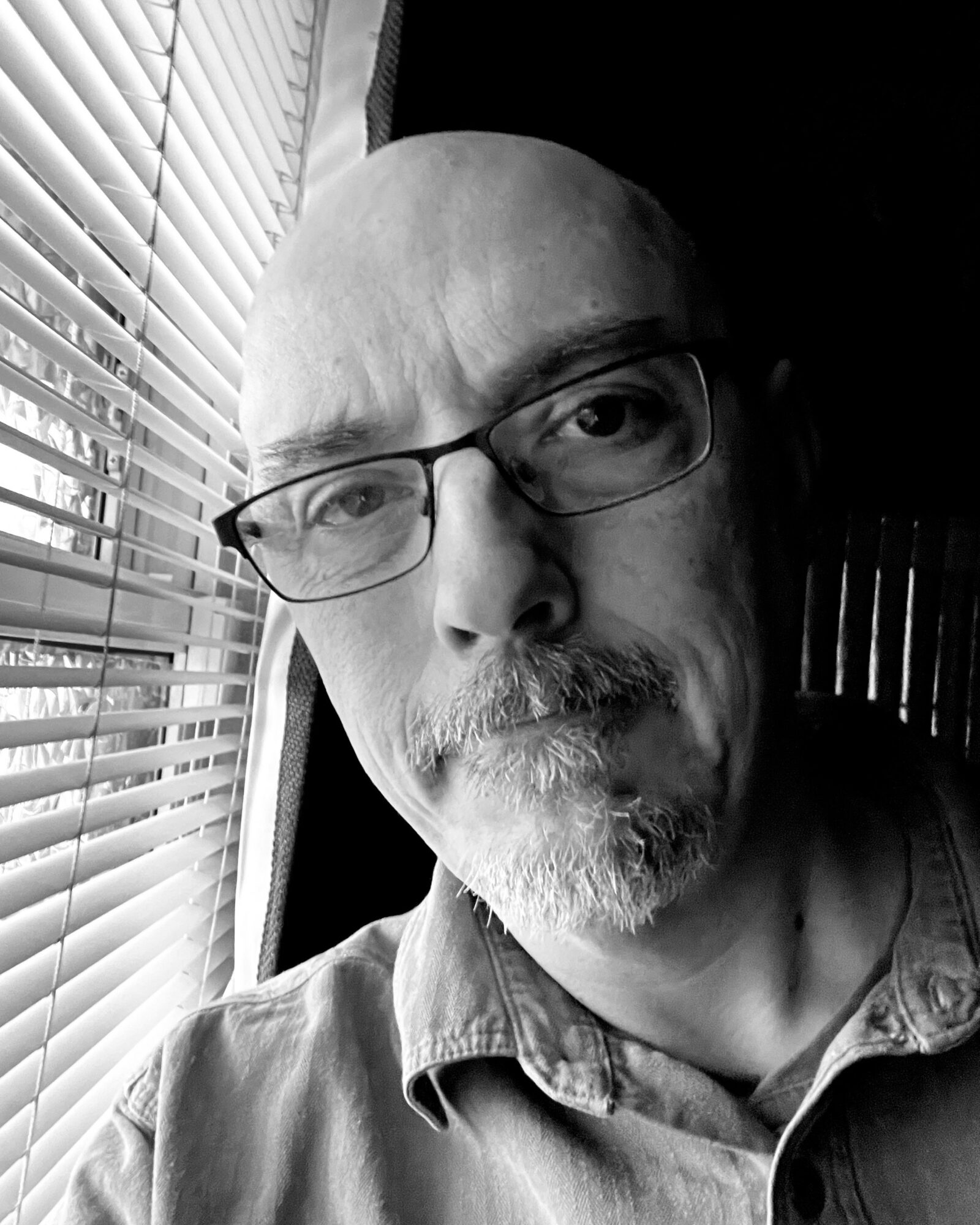

We’re looking forward to introducing you to Nathan Weidner. Check out our conversation below.
Nathan, it’s always a pleasure to learn from you and your journey. Let’s start with a bit of a warmup: What do you think is misunderstood about your business?
I think the thing that is most misunderstood about my business is that we are doing tremendously well, fiscally. We have produced four films over the past five years that are on streaming services, and it would appear as though we have tapped in to a lot of resources. The truth of the matter is that we typically only raise about 35% of the needed budget of any film through private donations. The remainder of this has come directly through me, as the executive Director, pulling my personal funds to make sure that the film happens. We also are not seeing much revenue from the streaming of the films, so we have to budget very conservatively in order to function. Ultimately, the investment has always been worth the sacrifice, because having these films out there in the world, finding their audience has been immensely rewarding. However, this does not negate the significant strain it has taken to make these films happen.
Can you briefly introduce yourself and share what makes you or your brand unique?
PRAUS Media is a nonprofit film organization dedicated to both storytelling and mentorship, with the mission to “create films and futures.” Each year, we raise funds to produce a feature film during the summer, inviting high school and college students—along with other emerging filmmakers—to gain invaluable hands-on experience in professional film production. We combine artistic vision with practical training, ensuring that every project tells a story of significance while investing in the next generation of filmmakers. All proceeds from our films are reinvested into future projects, creating a sustainable cycle of opportunity and impact.
We are currently completing our fourth film, Second Draft (2025) that focuses on a high school student who is navigating the difficult waters of the lockdown of 2020. We plan to have this film ready to screen by the end of this year.
Amazing, so let’s take a moment to go back in time. Who were you before the world told you who you had to be?
I find this question very intriguing, because I don’t believe this world has ever truly dictated to me who I am. I’ve never fit in. I often say that I feel like an alien from another planet, because when I look at this world and how it functions, I often can’t participate in what the main stream is doing. As a child I would do things like start a poetry club with my classmates or put on plays for the rest of the class. I did whatever I felt inspired to do, and even though at times it would cause people to look at me cross-eyed, it never stopped me.
I get a lot of this from my mother and my grandmother. My mother was extremely creative, and if she felt like tearing down a wall in the house, she would just pick up a hammer and do it. She would paint murals on our garage, and people jokingly referred to it as her tattooing the house. She would make my dad stop the car in an alley if she ever saw somebody was throwing something away that had potential, and she would take it home, doctor it up, and turn it into something magnificent.
My grandmother was also very creative and channeled much of this through writing poetry, songs, and stories. She would speak her mind openly and write letters to congressmen and senators to express her ideas and opinions about how they should be running the country. People often thought she should’ve shown a bit more propriety at times, but she was relentless. I spent countless hours with her over the years, and I believe she just rubbed off on me.
The filmmaking world has a lot of established rules for how things are supposed to be done, and when you function outside of those you tend to get sideways glances or simply overlooked. It has never stopped me, though, from approaching my craft in the way that I believe I should do it. I refuse to play the room and try to hype myself up to other people in order to gain recognition or credibility in their eyes. My work speaks for itself. If I go to my grave without ever having someone place a hunk of metal or lucite into my hand that demonstrates that my peers feel my work is significant, I can still sit comfortably next to the likes of 8-time Oscar loser Glenn Close. Success, to me, is hearing another person say that they have watched one of my films and that it has touched their life in some way. That is truly the pinnacle of success in the arts.
What have been the defining wounds of your life—and how have you healed them?
I have been what I consider to be a test subject in the laboratory of life, with significant trials being thrown at me one after the other. I have experienced numerous tragedies that could each individually fill a book. I had a child born with severe disabilities, and her health kept me from going overseas as a missionary, a vocation I had prepared for over a period of eight years. Then my marriage of six years ended in divorce, and my three children were moved out of state, eight hours away from me. Six years later, my 10-year-old disabled daughter was murdered by my ex-wife’s latest boyfriend, and I took custody of my two surviving children and raised them as a single parent.
I feel immensely blessed to have been gifted with the ability to write and shoot films, because these have been a source of healing for me. I have been able to channel a lot of the pain and emotions from these experiences into the stories that I tell. A Story for Winter (2021) was an homage to children, like my daughter, who have special needs, and it demonstrates how all life is precious and has value in this world. Reckless Mercy (2024) deals with the topic of murder and forgiveness, and it expressed a lot of the feelings and lessons that I learned as a result of my daughter’s murder. Being able to create something positive and impactful for others, as a result of the wounds that I have received in life, has redeemed these experiences and has given them purpose and value.
Alright, so if you are open to it, let’s explore some philosophical questions that touch on your values and worldview. What are the biggest lies your industry tells itself?
I can best answer this question by explaining an experience I had at a recent film festival. I was approached by a gentleman who shook my hand and gave me his business card, and he proceeded to tell me about the film he just created. I was very impressed with the story and wanted to see the film the following morning when it would screen. However, before I could expressed this to him he began listing all of the other film festivals it had been accepted into and the number of awards that it had received. My heart sank, because I immediately recognized that he was fighting to win my acceptance through the very things that this industry pushes us to drive for – credibility through peer recognition. I wanted so badly to tell him that he didn’t need to say these things to me to make me want to see his film. The film had sold itself to me.
Then, at a different festival, I attended a workshop being led by a professional, who does work for some high-paying clients. He introduced himself by saying his name and the number of Emmy awards that he had received. My immediate thought was, “I’m not hiring you for a job. I don’t need to hear this about you. If what you say in your seminar is true, it will resonate with me.”
The biggest lie that the film industry tells itself is that its value is found in peer recognition. The greatest thing that we could ever accomplish is to find an audience for our work. This is why I love to see films that have very low critical scores on Rotten Tomatoes but very high audience scores. That, to me, is the mark of a great film, because it ticked off the establishment significantly to warrant their scorn and yet won the hearts of the people it was truly created for.
Thank you so much for all of your openness so far. Maybe we can close with a future oriented question. What is the story you hope people tell about you when you’re gone?
When I’m gone, the films are the only thing that are going to outlive those who personally know me. I understand that the message of these films is the only thing that will truly endure throughout time. However, in the immediate years following my passing, I certainly hope that what people remember the most about me is not what is embedded in those films, but rather who I was throughout the process of making those films – that I strived to raise others up and to give them opportunities to shine. I hope that people will remember this about me – whether it be crew members or actors – that I loved them as family and did everything in my power to help them get to where they’re going.
Contact Info:
- Website: https://www.prausmedia.org
- Instagram: https://www.instagram.com/prausmediafilms/
- Linkedin: https://www.linkedin.com/in/nathan-weidner-8bab0b46/
- Facebook: https://www.facebook.com/NJWeidner
- Youtube: https://www.youtube.com/@prausmedia9874
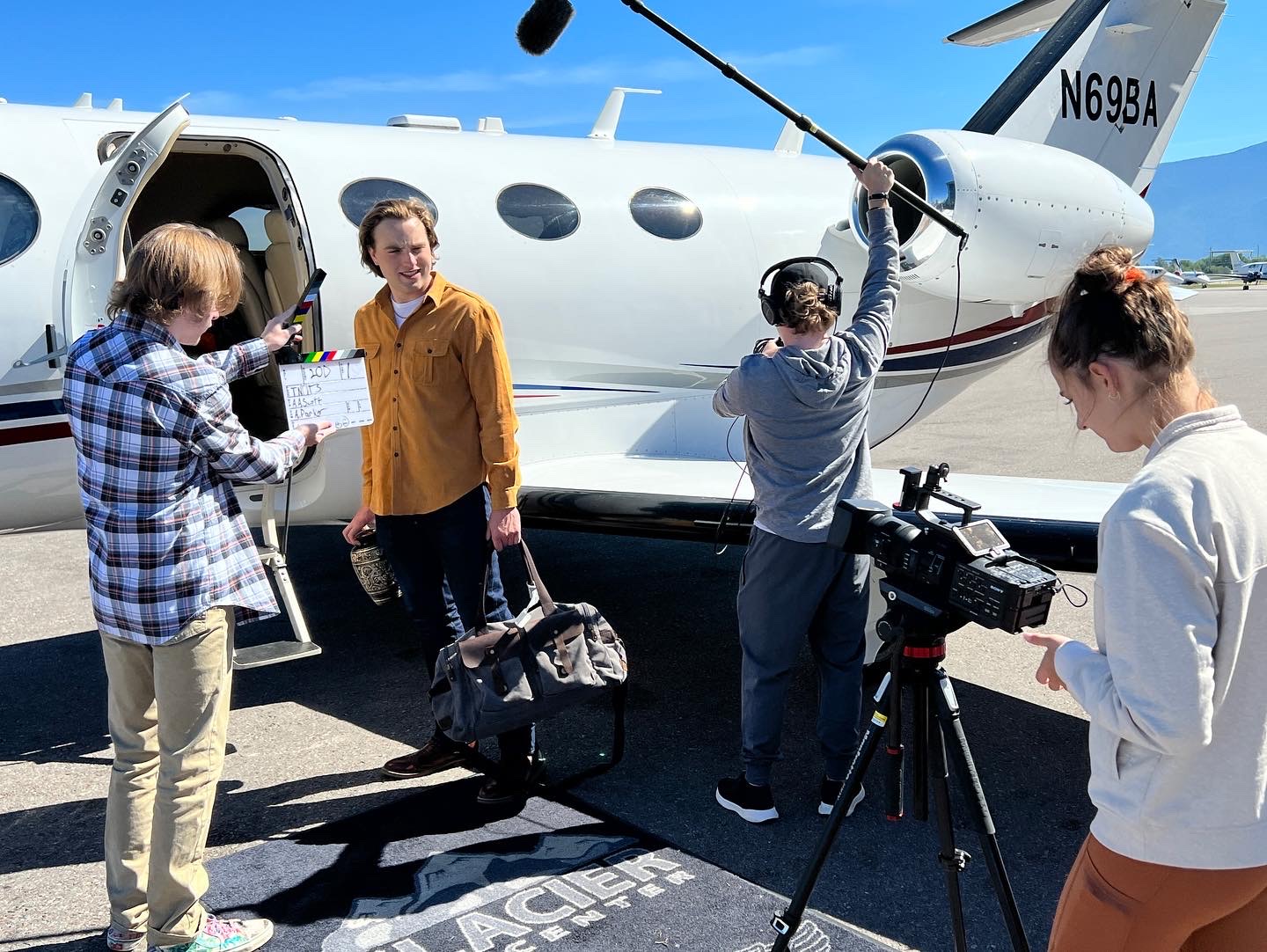
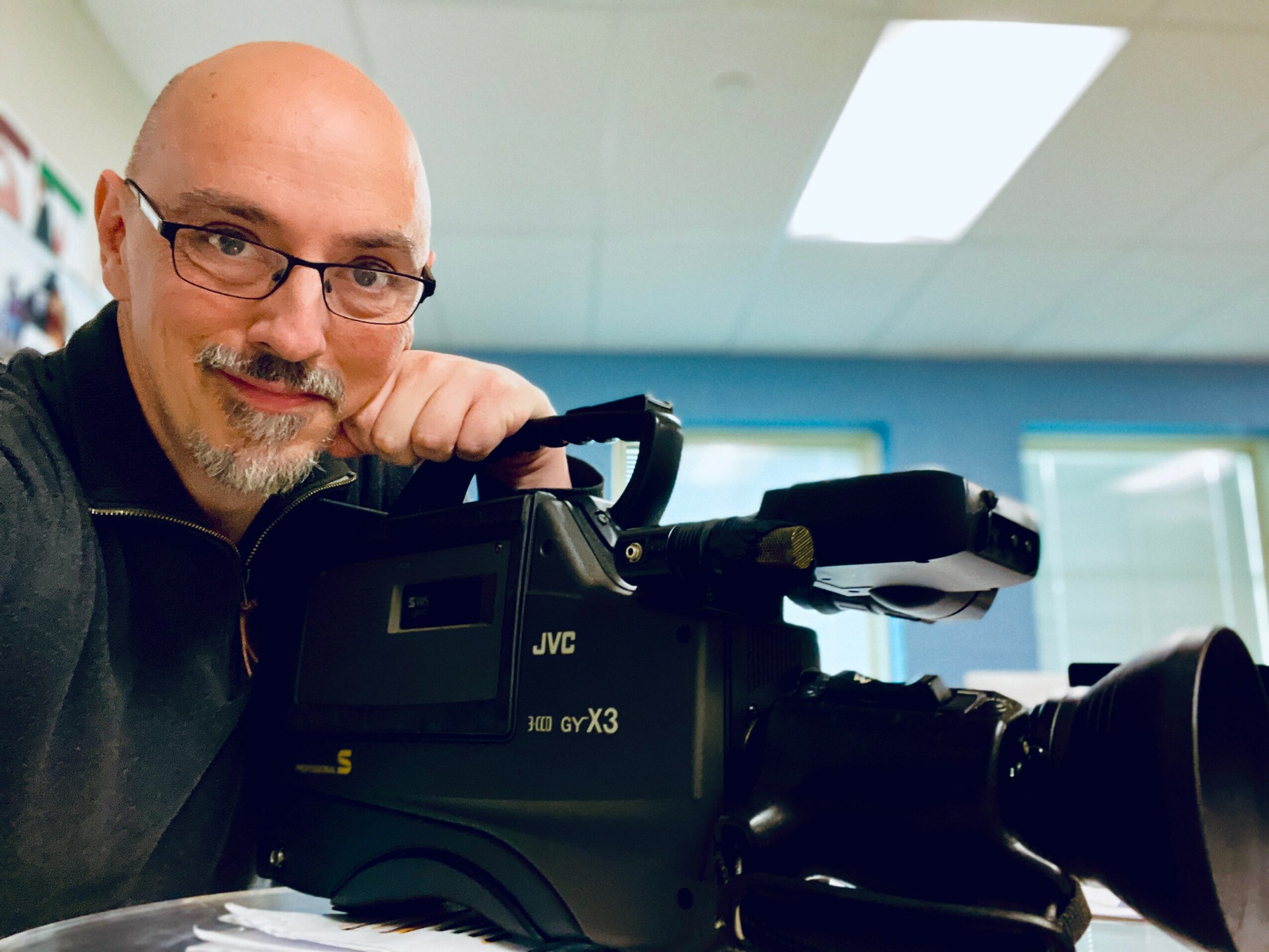
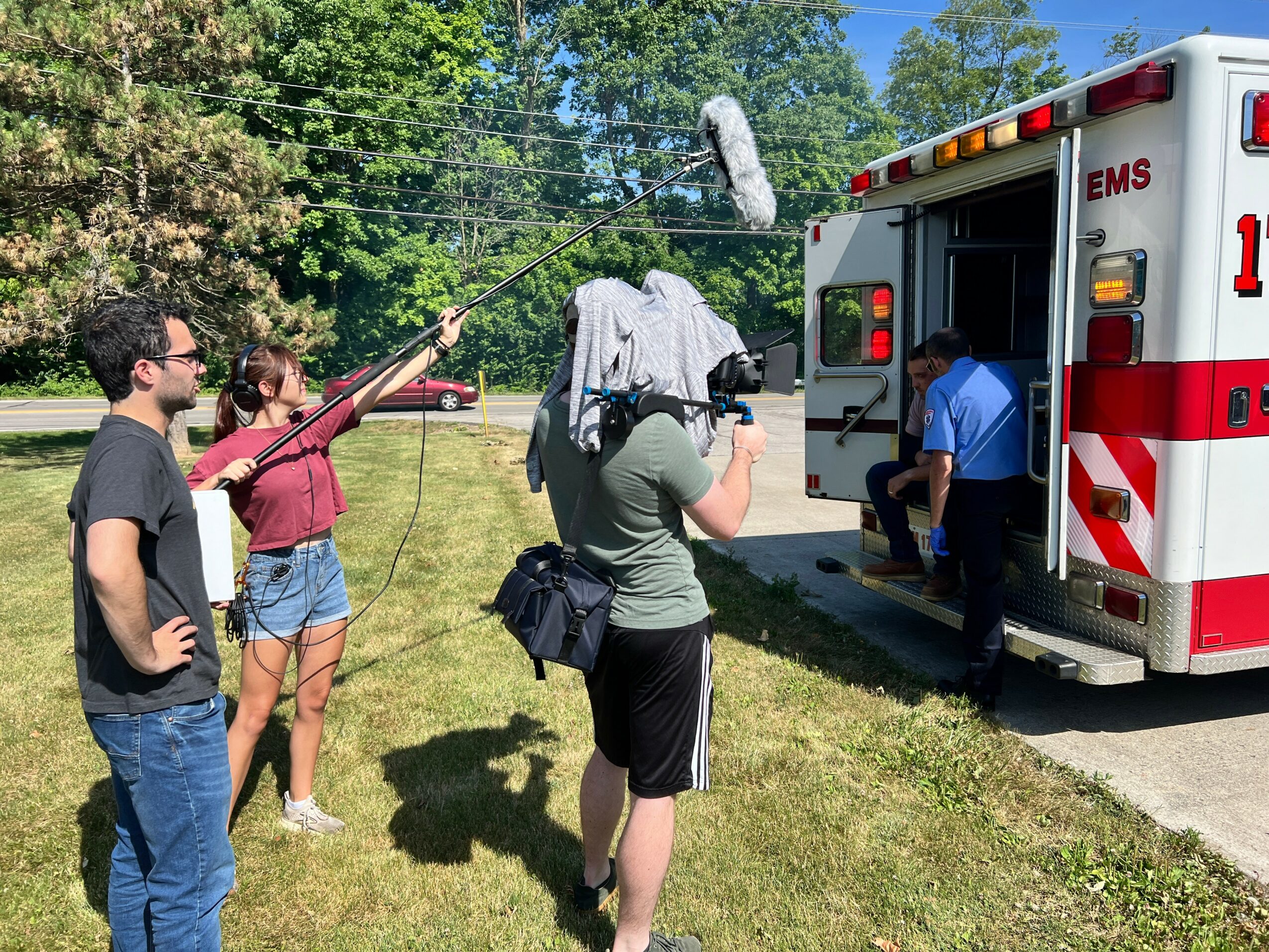
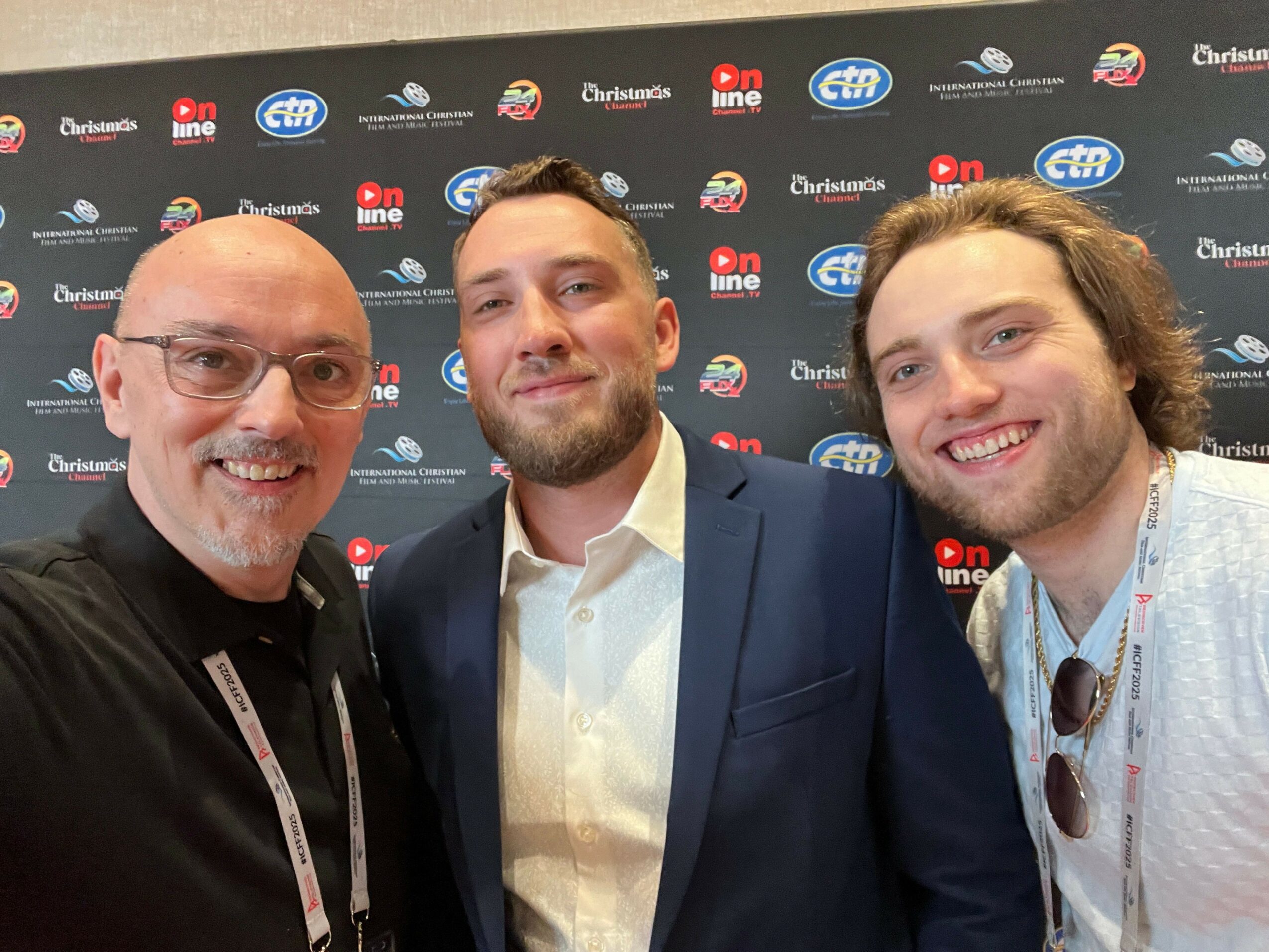
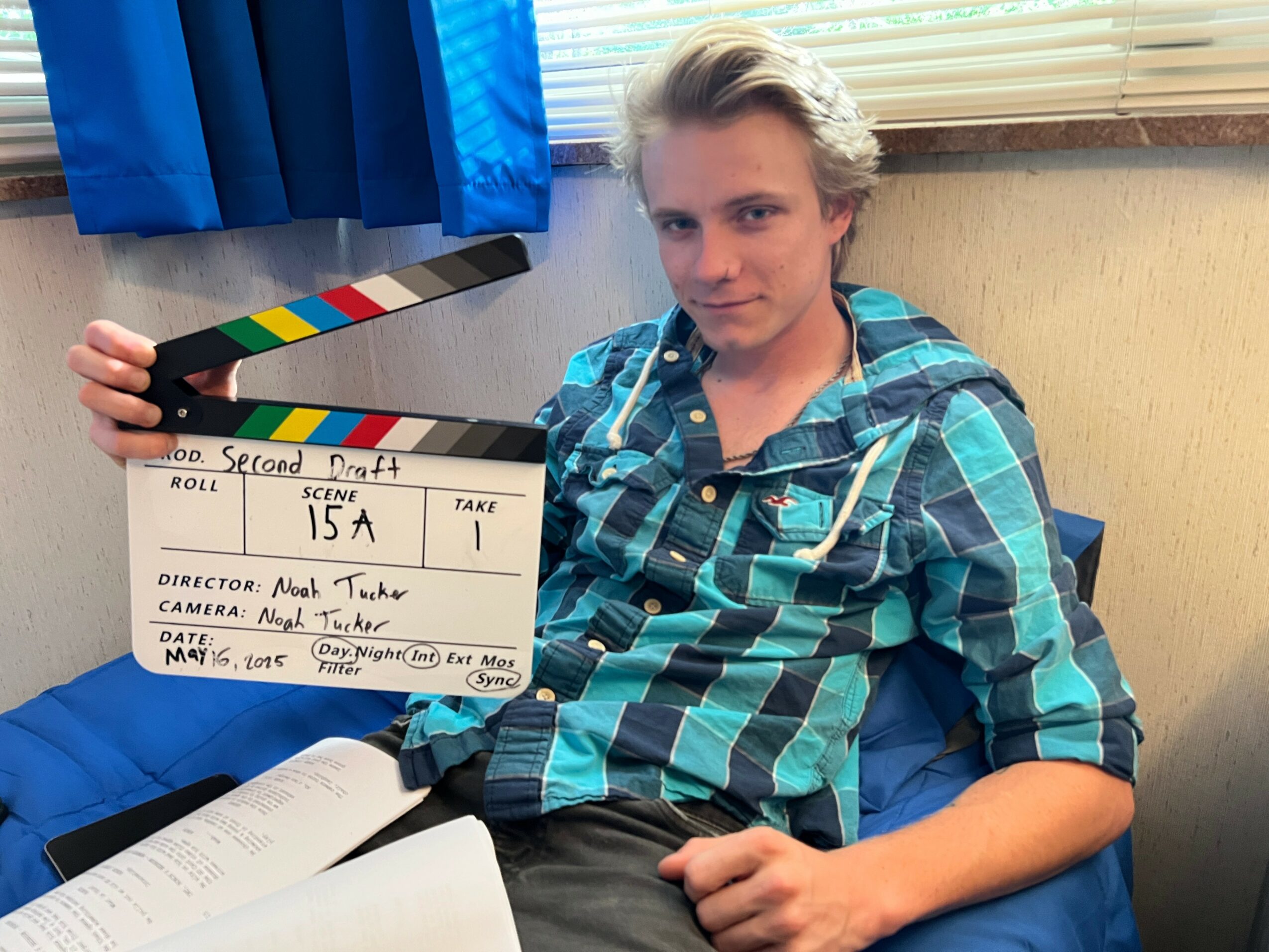

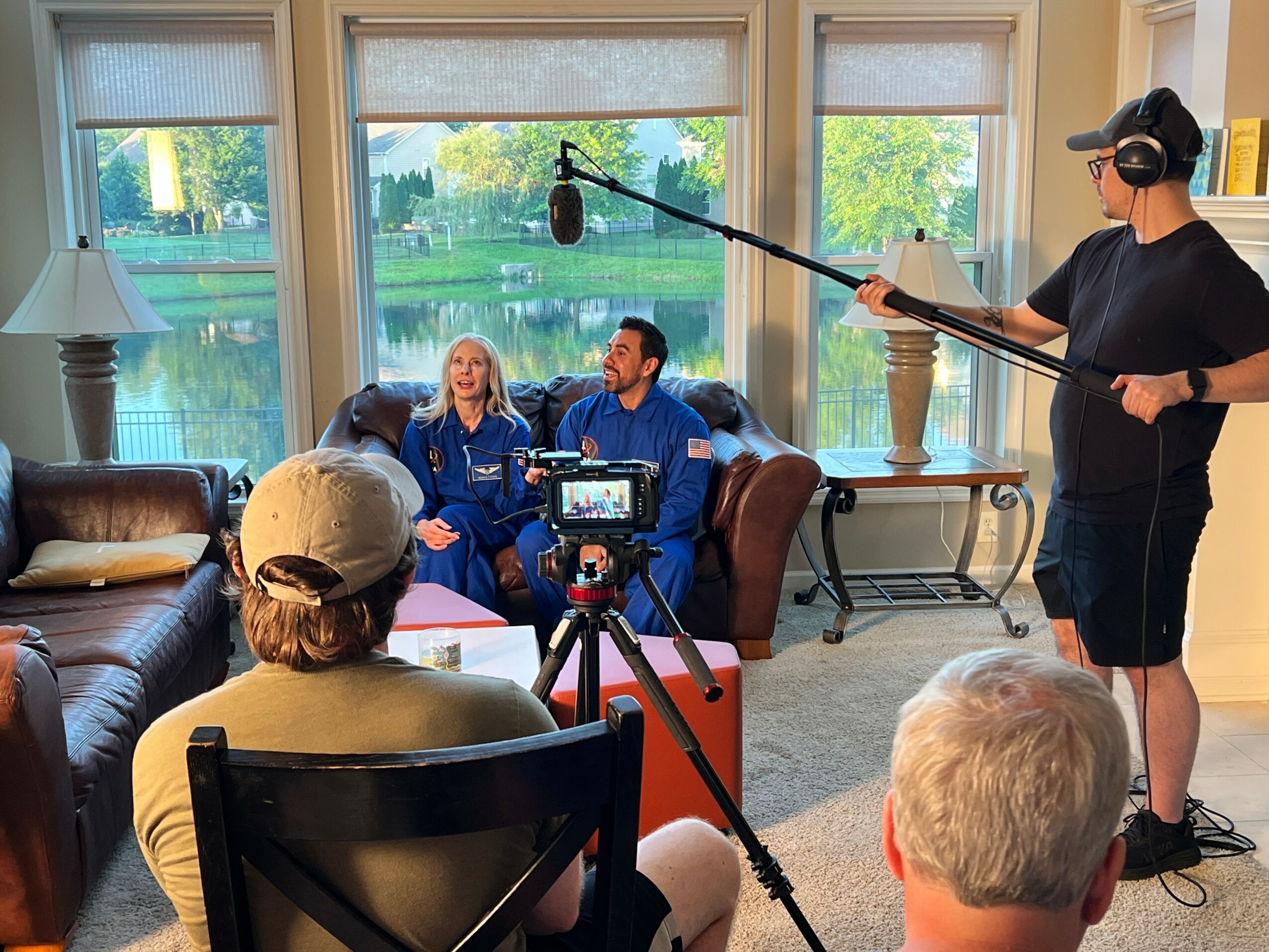
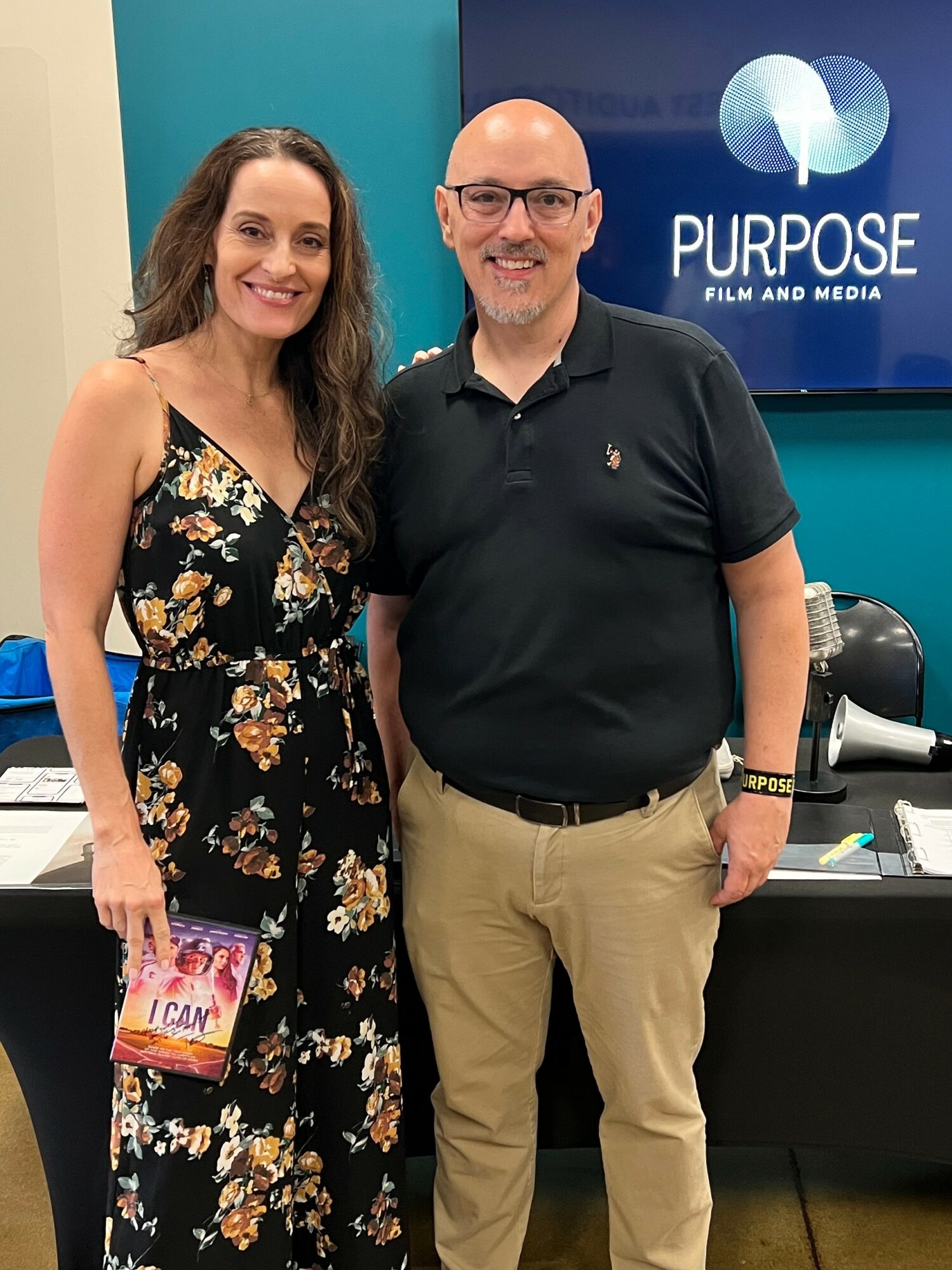
Image Credits
Non-aplicable. They all belong to me.











